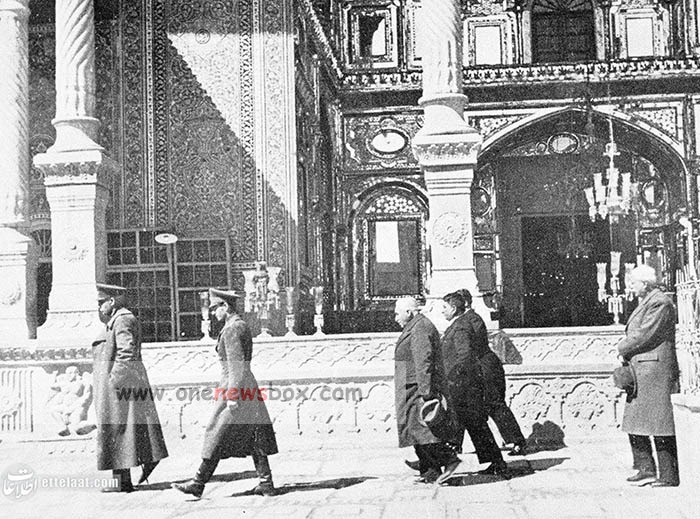World War II proved to be a turning point in Reza Shah’s rule. Although Iran declared neutrality in 1941, the country was occupied by Allied forces. Under pressure from Britain and the Soviet Union, Reza Shah was forced to abdicate and leave Iran. He was succeeded by his son, Mohammad Reza Pahlavi, and spent his final years in exile, passing away in Johannesburg, South Africa, in 1944.
Reza Shah remains a controversial figure in Iranian history. His supporters hail him as the “father of modern Iran,” crediting him with transforming the nation’s infrastructure and governance. His admirers argue that his reign represented an “enlightened dictatorship” that aimed to modernize Iran in line with Western advancements. Conversely, his detractors criticize him for undermining constitutionalism, limiting political freedoms, and ruling with an iron fist. They argue that while he introduced modern institutions, he stifled democratic processes and centralized power excessively.
Throughout his life, Reza Shah held numerous titles, reflecting different phases of his career. In his early years, he was known as “Reza Savadkouhi,” a reference to his place of birth. As a soldier, he earned the nickname “Reza Maxim” due to his proficiency with the Maxim machine gun. Later, he was called “Reza Khan” and, upon his promotion, “Reza Mirpanj.” Following the coup of 1920, he adopted the title “Sardar Sepah,” signifying his leadership in the military. After ascending the throne, he became known as “Reza Shah Pahlavi.” In 1949, the National Assembly posthumously granted him the title “Reza Shah the Great.”
The surname “Pahlavi” is believed to have been chosen by Mohammad Ali Foroughi, Reza Shah’s first Prime Minister. However, historical records suggest that Reza Shah used this surname before his rise to power. A birth certificate from the Qajar period, dated 1298 AH, six years before his reign, already mentions “Pahlavi” as his family name. Additionally, all citizens with the same surname were later compelled to change their names to avoid association with the ruling family.

